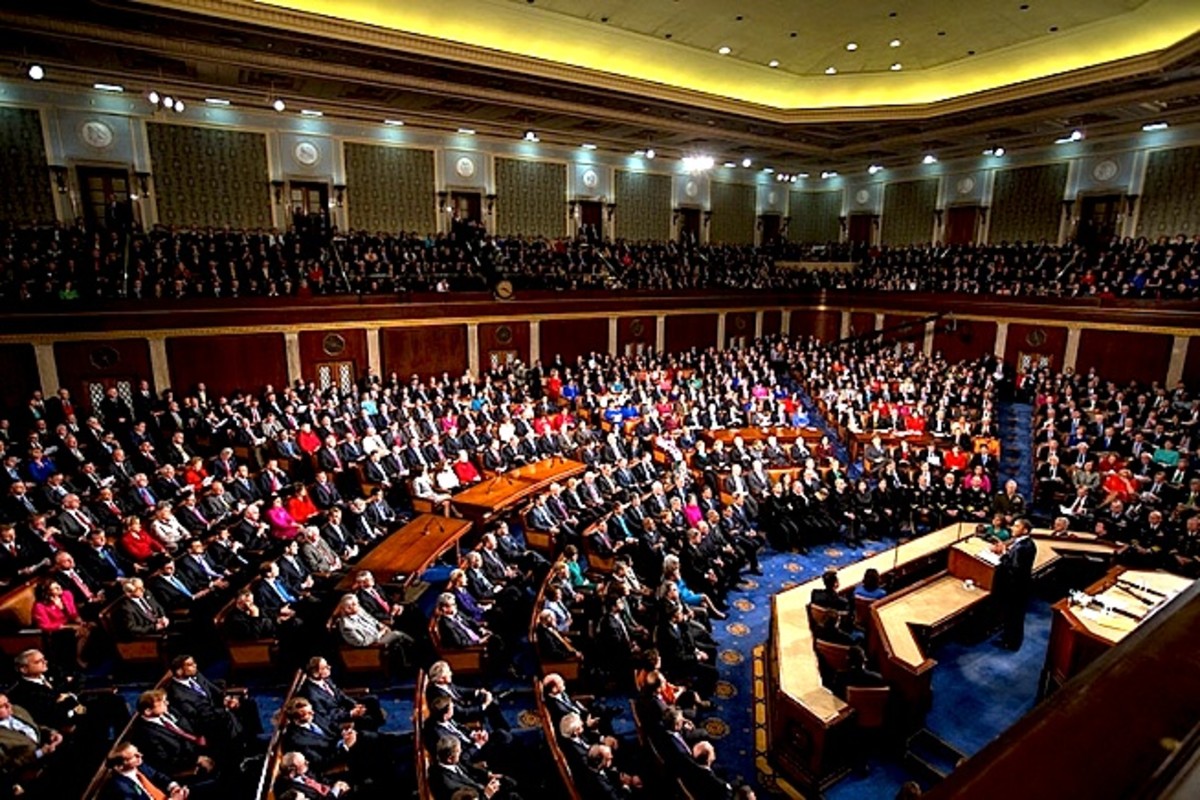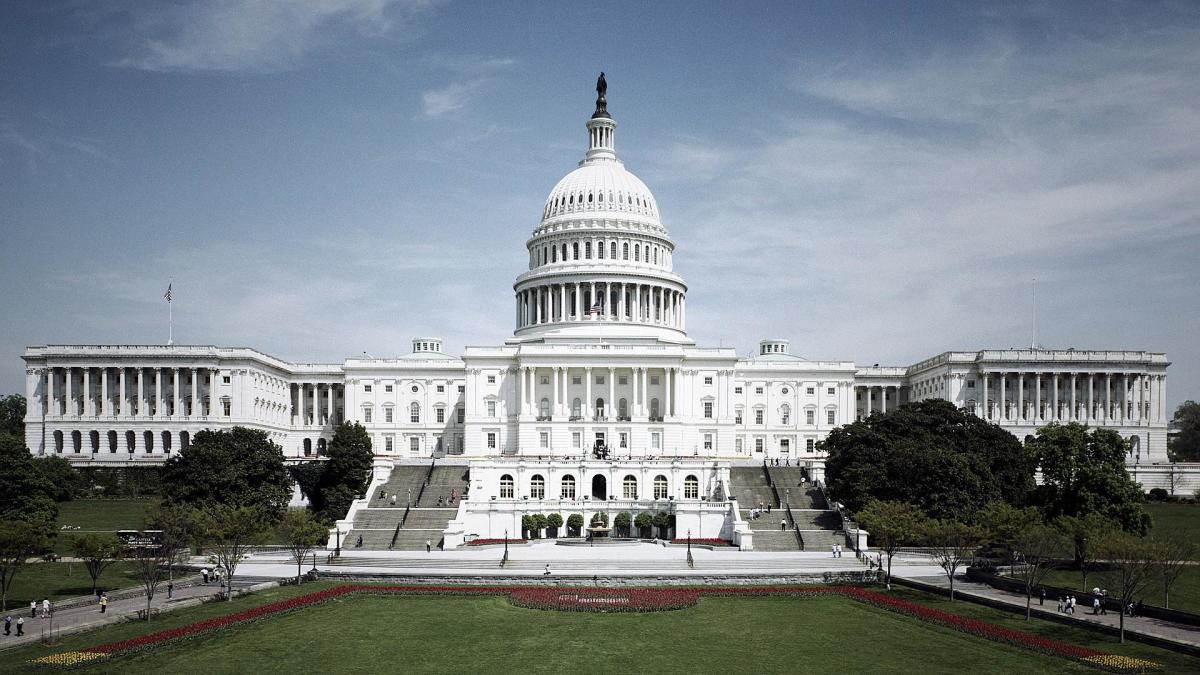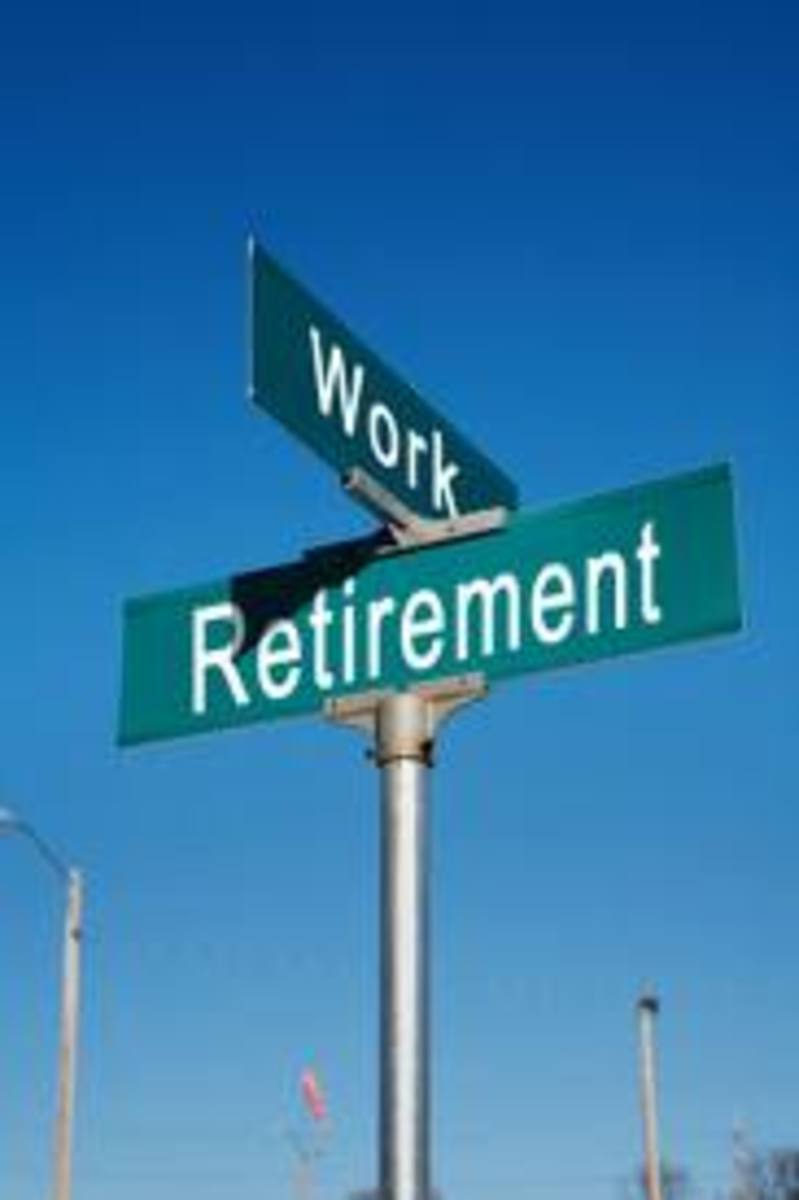Is it the Right Time to Change Entry and Retirement Age for Govt. Employees in India?
Government decision to enhance entry age
Policy makers decide the age of retirement for public servants depending on factors viz., life expectancy, labor force availability, health of employee, demography and nature of profession. In Indian context, huge variations exist for age of entry and superannuation among the professions, demographic conditions and ideologies of the government ruling a particular state. In most of the developed countries, 65 years is the maximum age limit for a serving employee to cease the work. However, retirement age is within the range of 58-60 years in majority of developing countries and same is true for central and state government employees in India. Entry and retirement age keeps changing with time depending on the ideology of government. Two decisions by the Central Government are strong evidences to suggest that it is the right time to change the maximum age of entry into government jobs and also the age of exit (maximum age of retirement). Recently, the maximum age has been enhanced to 32 years for the candidates appearing in civil services, conducted by the UPSC, and the age of retirement of doctors has been increased to 65 years. Also, eligibility conditions for aspirants of railway jobs were altered relaxing maximum age by few years. A few days ago, it was heard that the central government is considering raising the retirement age of High Court and Supreme Court judges to 70 years. Age of Vice Chancellors in the universities has long back been enhanced to 70 years. All these reports show that the Government is realizing that the improvement in the medical facilities has improved in general the health of the people and the average age of living (life expectancy) has also increased. At the same time, the Government also feels that there is a shortage of trained people in the country, the age of retirement of the teachers in the IITs and Central Universities has been increased to 65 years. The maximum age of superannuation of teachers by the Pay Commission constituted for the educators was recommended for 65 years, though decision of implementation of maximum age was left on state governments of state since financial burden is born by the states. Due to this, retirement age in some states was increased to 65 years and some states did not change the existing age limit for superannuation.
Different age limits in different states
At the same time, the Government also feels that there is a shortage of trained people in the country, the age of retirement of the teachers in the IITs and Central Universities has been increased to 65 years. The maximum age of superannuation of teachers by the Pay Commission constituted for the educators was recommended for 65 years, though decision of implementation of maximum age was left on state governments of state since financial burden is born by the states. Due to this, retirement age in some states was increased to 65 years and some states did not change the existing age limit for superannuation. Similarly, this dissension has evolved in agricultural universities too. In some states, the age of the educators in agricultural universities has been increased to 65 years. In some cases, it is still 60 years and in some it is 58 years. Not only this, the retirement age of scientists carrying the nation on the path of progress is 58 years in some research organizations and 60 or 62 years in others. It is very important to have uniformity in service conditions of scientists working under different organizations.
Scope of change in future
The retirement age of the central government employees is 60 years and considering improvement in health services it may be increased to 65 years. New jobs are not being created in the country and due to reservations for ordinary category candidates, the probability of getting a job is becoming less day by day. In such a case, an indirect approach to neutralize the side effects of reservation can be to increase the retirement age of government employees so that a few of existing general category employees can work for two to three years more and sustain their family. Government is giving relaxations of 2-3 years in age at the enry level of different jobs and to give the job seekers a fair deal the retirement age should also be changed proportionately. Moreover, lot of money is spent on training formalities of an employee in government job and retiring serving employees earlier will enhance such costs considerably in the future.








